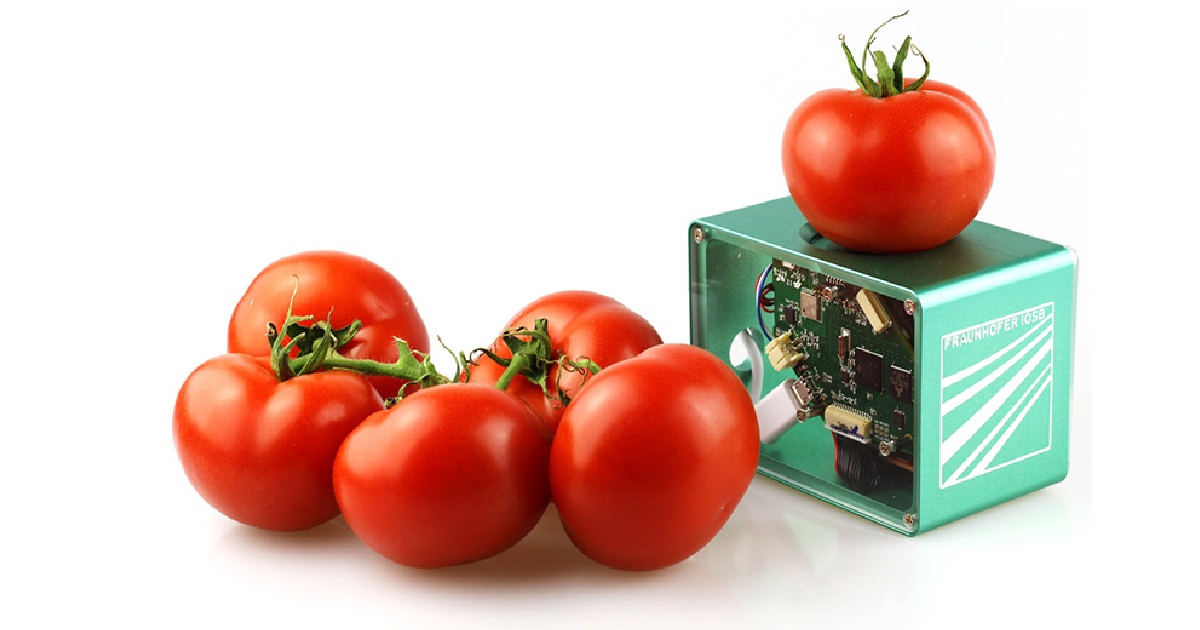Near Infrared Food Shelf Life Scanner
Medgadget | January 09, 2019

Spoiled food is a global problem and people end up sick all the time. Modern methods of detecting spoiled food include smelling it, looking for moldy spots, and arguing with your spouse whether a given item is ready to be thrown in the trash. Researchers at Fraunhofer Institute for Optronics, System Technologies and Image Exploitation IOSB, the Fraunhofer Institute for Process Engineering and Packaging IVV, the Deggendorf Institute of Technology and the Weihenstephan-Triesdorf University of Applied Sciences in Germany have developed a portable scanner for testing the freshness of foods.
The device relies on a near-infrared sensor that can perform spectral analysis of the light reflecting from the item tested. In addition to the device, special software crunches the data from the sensor and matches it up with patterns previously identified for different foods. So far two foods, tomatoes, and ground beef can be tested fairly accurately and with estimates about their remaining shelf life. There’s still a lot of work to be done to better train the device and to turn it eventually into a real product, but this year the technology will already be tested in German supermarkets.